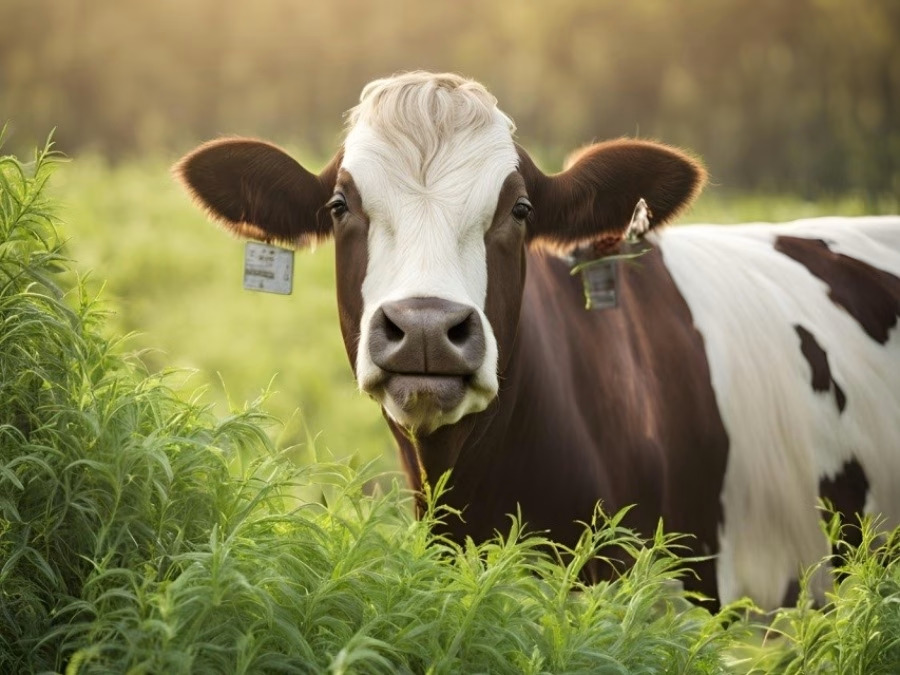Travels as a vegan can be an adventure filled with unique challenges and delightful discoveries. Whether you're traveling through bustling cities, exploring remote landscapes, or immersing yourself in new cultures, maintaining a vegan lifestyle while on the move requires a blend of preparation, creativity, and enthusiasm. In this guide, we'll explore ten essential tips that every vegan traveler should know. From finding plant-based culinary delights in unexpected places to ensuring your nutritional needs are met, these tips are designed to make your travel experience both enjoyable and true to your vegan commitment. So pack your bags, and let’s set off on an adventure that promises to be as compassionate as it is captivating.
1. Research Your Destination Thoroughly
Before embarking on your journey, it’s crucial to do extensive research on vegan-friendly eateries and stores at your destination. Tools like HappyCow are incredibly useful for locating plant-based dining options globally. It's also helpful to read blogs or watch videos from other vegan travellers who have visited your destination. Their insights can provide you with a wealth of information on what to expect and where to dine.
2. Stay Somewhere with a Kitchen
Choosing accommodations with kitchen facilities can greatly enhance your travel experience as a vegan. This allows you the autonomy to cook meals that you know are vegan, reducing the stress of finding suitable food options. Whether it’s an Airbnb, a hostel with a communal kitchen, or a hotel suite with a kitchenette, having access to cooking facilities means you can experiment with local vegan ingredients and maintain your dietary habits.
3. Pack Vegan Snacks
Always carry a variety of vegan snacks with you. Ideal choices include nuts, fruits, vegan energy bars, and other portable plant-based treats. These snacks are invaluable, especially when vegan options are limited or when you have a long day of sightseeing ahead. They not only keep hunger at bay but also ensure you have a reliable source of vegan nutrition no matter where you are.
4. Learn Key Phrases
If you're visiting a country where the local language is unfamiliar, learning key phrases to express your dietary needs is essential. This might include phrases like “I am vegan” or “Does this contain dairy or meat?” in the local language. It’s a respectful way to communicate with local vendors and ensures that your vegan needs are understood.
5. Connect with Local Vegans
Leveraging social media platforms to connect with vegan communities in your travel destination can be incredibly beneficial. Local vegans can provide insider tips on the best vegan eateries and hidden gems that might not be widely known. They can also offer advice on navigating the local food culture while adhering to a vegan diet.
6. Plan Ahead for Dining
Planning ahead is key to maintaining a vegan diet while traveling. Research restaurants and menus in advance, and don't hesitate to call ahead to inquire about vegan options or the possibility of customizing dishes to fit your needs. This proactive approach ensures you can enjoy your meals without compromising your vegan principles.
6. Plan Ahead for Dining
Schools and universities are integrating veganism into their curriculums, teaching students about sustainable living, animal rights, and nutrition. This educational trend is empowering the next generation to make informed, compassionate choices. Educational institutions are recognizing the importance of this topic and are providing students with the knowledge and tools to make ethical decisions, paving the way for a more conscious and responsible society.
7. Carry a Vegan Passport
A vegan passport, which is a small booklet that explains what veganism entails in numerous languages, can be an invaluable tool when traveling. This passport can help convey your dietary preferences to restaurant staff or hosts who may not be familiar with veganism, ensuring that your meals are prepared according to your dietary standards.
7. Carry a Vegan Passport
A vegan passport, which is a small booklet that explains what veganism entails in numerous languages, can be an invaluable tool when traveling. This passport can help convey your dietary preferences to restaurant staff or hosts who may not be familiar with veganism, ensuring that your meals are prepared according to your dietary standards.
8. Check the Local Cuisine
Many cultures feature inherently vegan dishes due to religious, economic, or cultural reasons. Research these dishes and make them a part of your travel experience. This not only adds variety to your meals but also allows you to enjoy authentic local cuisine that aligns with your vegan lifestyle.
9. Vegan Supplements
Maintaining your nutritional balance while traveling can be challenging. Remember to bring essential vegan supplements like Vitamin B12, Omega-3s, and others to ensure you’re getting all the necessary nutrients. These supplements are especially important if you find it difficult to maintain a balanced diet while on the road.
10. Enjoy Local Produce
Explore and enjoy the local produce available at your destination. Often, you’ll find that fruits and vegetables are fresher, more flavourful, and cheaper than what you might find at home. Embracing local produce is a great way to experience the region's flavours and support local agriculture, all while sticking to your vegan diet.
Conclusion
Traveling as a vegan is an enriching experience that allows you to explore different cultures and cuisines while adhering to your ethical choices. With careful planning and a proactive approach, you can enjoy a fulfilling travel experience that aligns with your vegan lifestyle.
Add your comments or tips?
I would love to hear the travel tips that have made your trips better! What useful advice would you like to share with others? Leave your tips in the comments below!




















